“This is the power of art” -Amnesty International
JF: Amnesty International (AI) was founded 50 years ago to speak on behalf of prisoners of conscience, those who have spoken out and been detained, tortured or killed for their political or personal beliefs. Anna Politkovskaya was a heroic human rights defender and a prisoner of conscience. Her courageous investigative journalism in Russia and Chechnya did what AI activists all hope to do, be a voice for the voiceless and hold people accountable for human rights abuses. It is for this reason she won the 2001 Amnesty International Global Award for Human Rights Journalism. The Global Theatre Project uses artistic expression to draw awareness to human rights issues around the world, now on behalf of Anna Politkovskaya, and those of us at AI supports this important work on behalf of human rights and are excited about our relationship with The Global Theatre Project.
Amnesty has maintained a strong relationship with artists because it is easy to make the link between creative expression and freedom of expression. I grew up studying theatre and became a member of AI when I was 14 years old. I am an artist and a human rights activist. So, I know theatre has the potential to create an experience that provides us a deeper understanding of what it means to be human and live in the world. I love that The Global Theatre Project urges us to understand not only some of the darker human experiences that we must not forget, but also offers us the opportunity to 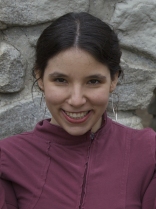 be touched by the lives of incredibly courageous people.
be touched by the lives of incredibly courageous people.
JF: Amnesty and The GTP share underlying values. AI has over 3 million members in 150 countries. I believe most of our members consider themselves to be world citizens. Part of The GTP’s mission is to build and promote creative cross-cultural relationships. AI and The GTP advocate for human rights and global understanding with the participation of an international community. AI members and staff may spend more time writing letters and issuing reports whereas The GTP is primarily an artistic organization, but activism can take many different forms, though our vision for a more humane world is the same.
JF: Amnesty International’s emblem is a glowing candle encased in barbed wire. This symbol represents those that shine a light for others in the darkness. Anna Politkovskaya was, and remains, a light for those in Russia and Chechnya. She sought the truth in the midst of a terrible war and then shared this truth with the world, knowingly risking her life. Human rights abuses are often justified by those who commit them, but Anna Politkovskaya reminds us that such abuses are never justifiable and should never be hidden. Her work is a stand for human dignity and reminds us to have the courage to speak out, even when governments or society would have us stay silent. Her voice reminds us that we are all responsible for each other and have a say in the kind of world we share.
JF: I felt both excited to be part of this project and saddened by the reality exposed. I have heard many stories about human rights abuses, often first-hand. It is never easy. The script is moving and evocative. It gives us a glimpse of what Anna Politkovskaya’s life was like, what she discovered and the challenges she faced. This is the power of art. It brings things to life. The script brings Anna Politkovskaya to life along with those who were victims in the war between Russia and Chechnya; this is difficult to experience, but I feel it makes us better people.
JF: We live in strange times. Amnesty has worked on many human rights abuses in the USA and abroad. However, we have the freedom to host a panel on human rights, and not everyone does. I am interested in the expert voices on the panel and the diverse perspectives they will bring to this discussion about freedom. I am interested to hear the questions from the audience because I imagine everyone attending will be part of a community interested in expression and humanity.
JF: Amnesty members spend a lot of time writing to oppressive governments and authorities who are able to directly make a difference for those suffering human rights abuses. We write on behalf of specific individuals or groups advocating for human rights to be upheld. It might be hard to imagine that such action would have an impact, but it does. Prisoners are often released or we receive information that their treatment has improved. We keep in touch with many former prisoners of conscience and they tell us our support gave them hope when they were alone in a cell or that their interrogators specifically mentioned calls, letters and campaigns by Amnesty International before their release. Our work shows human rights abusers that the world is watching.
Our Amnesty action on December 11th will be for Majid Tavakkoli. Majid was studying ship building in Iran when he was imprisoned for giving a speech at his university criticizing the Iranian government in the aftermath of the disputed 2009 presidential election. His charges included “participating in an illegal gathering” and “insulting officials”. He has been sentenced to serve more than eight years in prison. He is a prisoner of conscience who was jailed simply for expressing his opinion. Majid will be part of our Write for Rights Global Write-a-thon where we will join thousand of people around the world and call on the Iranian government to uphold human rights and free Majid Tavakkoli.

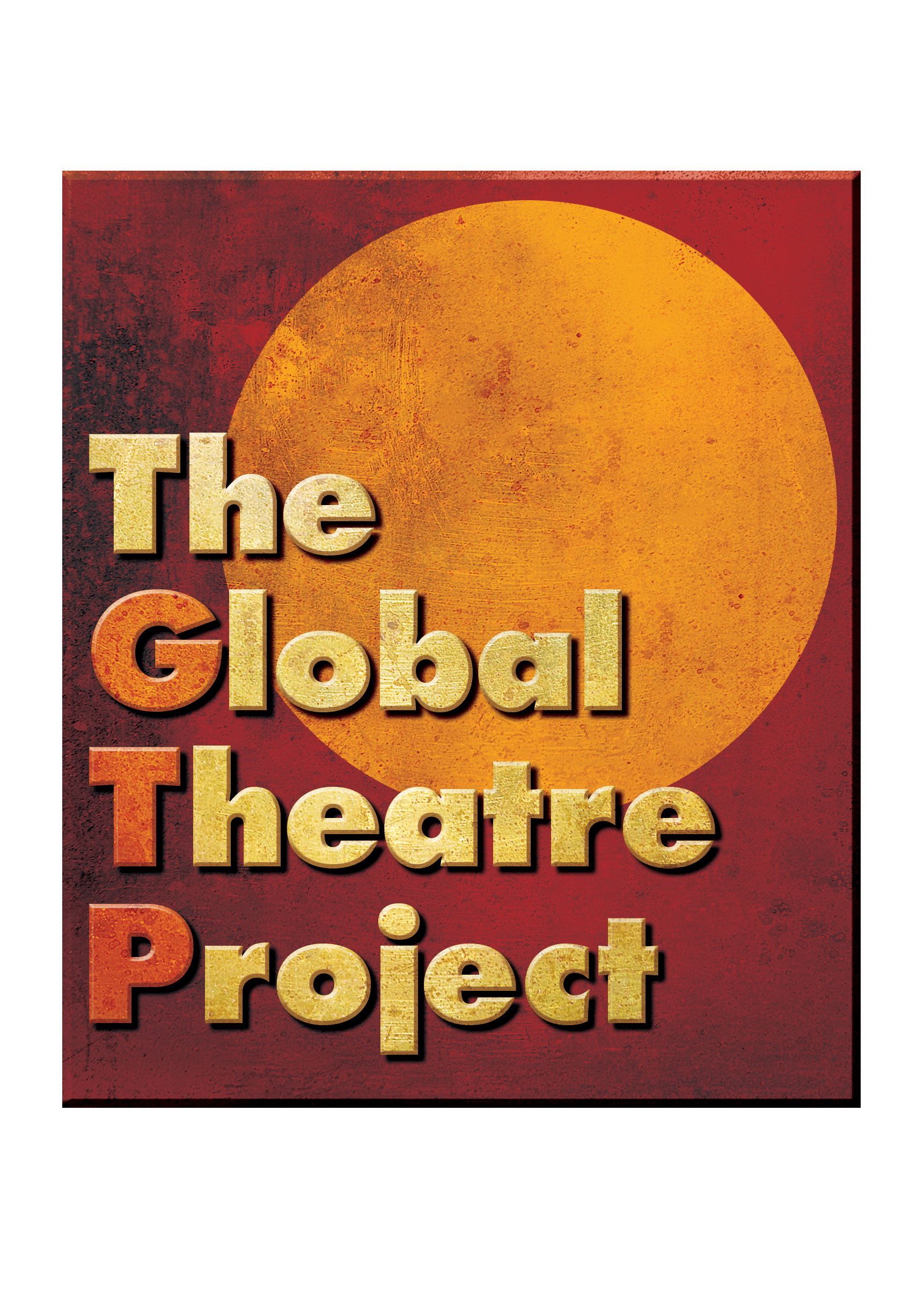
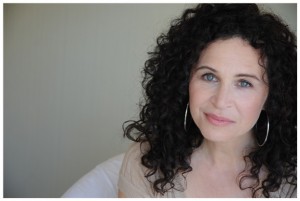
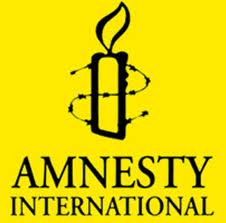
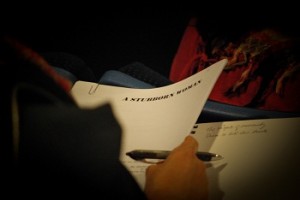
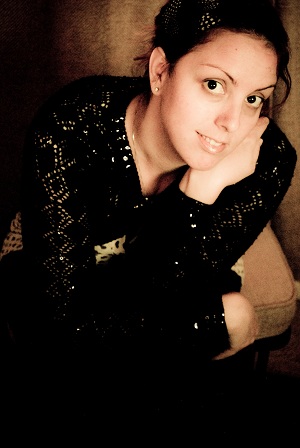
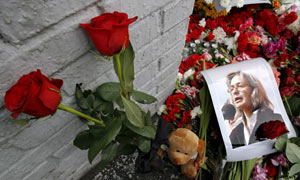

Pingback: Our Special Guests for “Especially Now” | The Global Theatre Project
Pingback: Our Team Gives Thanks | The Global Theatre Project
Pingback: Supporter Spotlight: The Italian Cultural Institute (IIC) | The Global Theatre Project